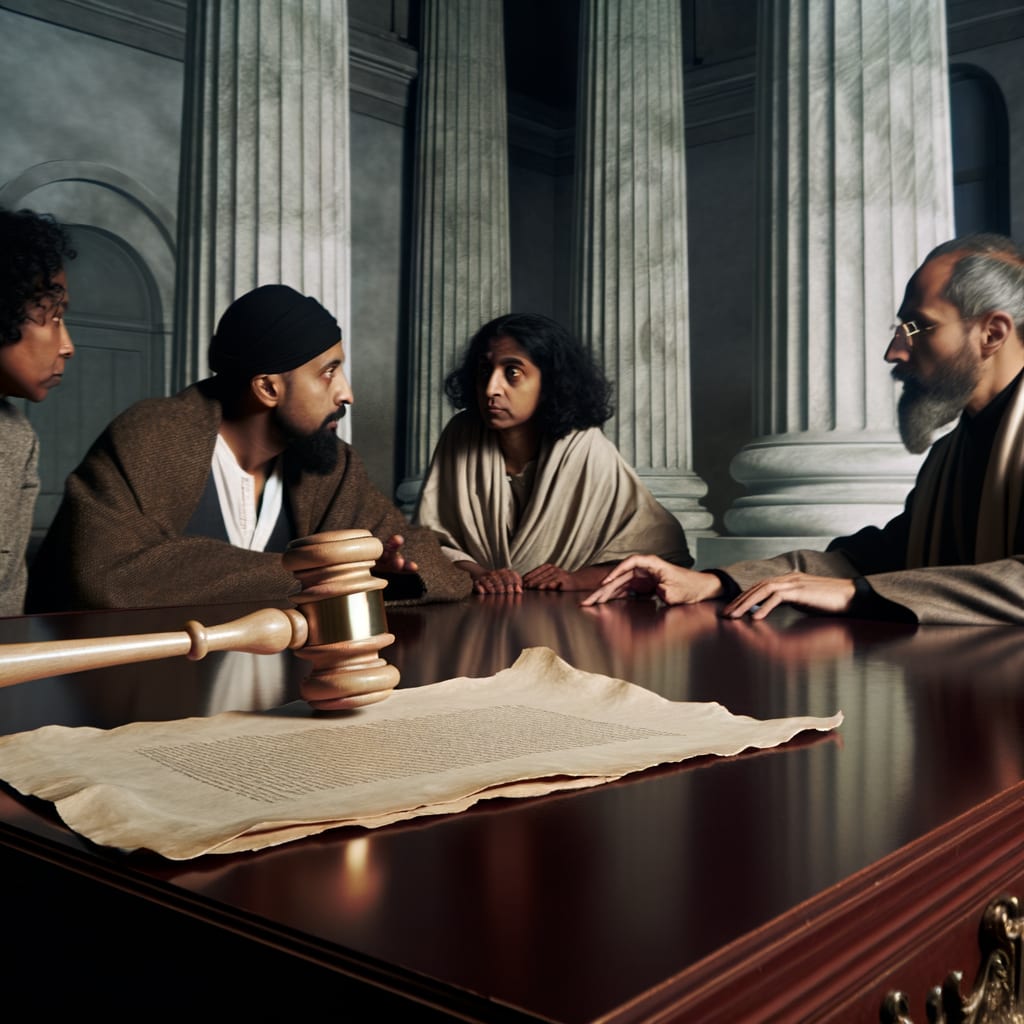Trump Labels Democrats 'Traitors,' Suggests 'Sedition Punishable by Death'
President Donald Trump has sparked a high-level political storm following his comments against six Democratic lawmakers who recently advised military personnel to resist illegal orders.
The president went as far as suggesting that their actions constituted sedition, a crime he asserted was punishable by death.
His comments have ignited fierce debates on social media and drawn sharp criticism from the Democratic party.
Background and Context
The controversy centers around a video released on Tuesday in which six Democratic lawmakers, all of whom have served in the military or intelligence roles, urged active service members to refuse illegal orders. The lawmakers featured were senators Elissa Slotkin and Mark Kelly, and representatives Maggie Goodlander, Chris Deluzio, Chrissy Houlahan, and Jason Crow. President Trump reacted strongly to the video, calling the lawmakers traitors
and suggesting they should be arrested and put on trial.
President's Reactions and Backlash
Trump's posts on his social media platform, Truth Social, were unequivocal. Each one of these traitors to our Country should be ARRESTED AND PUT ON TRIAL,
he wrote. He later added, SEDITIOUS BEHAVIOR, punishable by DEATH!
echoing sentiments expressed by a user who wrote, HANG THEM, GEORGE WASHINGTON WOULD.
Critics have accused Trump of fanning the flames of political violence. Senate Minority Leader Chuck Schumer warned that the president's posts could encourage such violence against lawmakers, a sentiment echoed by other Democratic leaders. He said on the Senate floor that Trump was explicitly calling for the execution of elected officials.
Implications and Reactions
This escalating war of words has caused a stir with both domestic and international attention. Many have criticized Trump's comments, with a senior Democrat describing them as 'unhinged.' However, the Republican response has been more muted. Senator Lindsey Graham has instead demanded specifics from the Democrats who urged military service members to refuse illegal orders,
further escalating the tension.
The video has been widely shared and viewed more than 1.6 million times. It does not cite any specific illegal orders — past, present, or anticipated — that service members should refuse, a fact that has been seized upon by critics.
Conclusion
As this story continues to develop, the focus will likely remain on the potential implications of this political discord on the military and intelligence community. The president's comments have certainly added fuel to the fire of an already heated political climate. Amidst the controversy, the questions surrounding what constitutes an 'illegal order' and the legality of urging military personnel to resist such orders remain unresolved.

